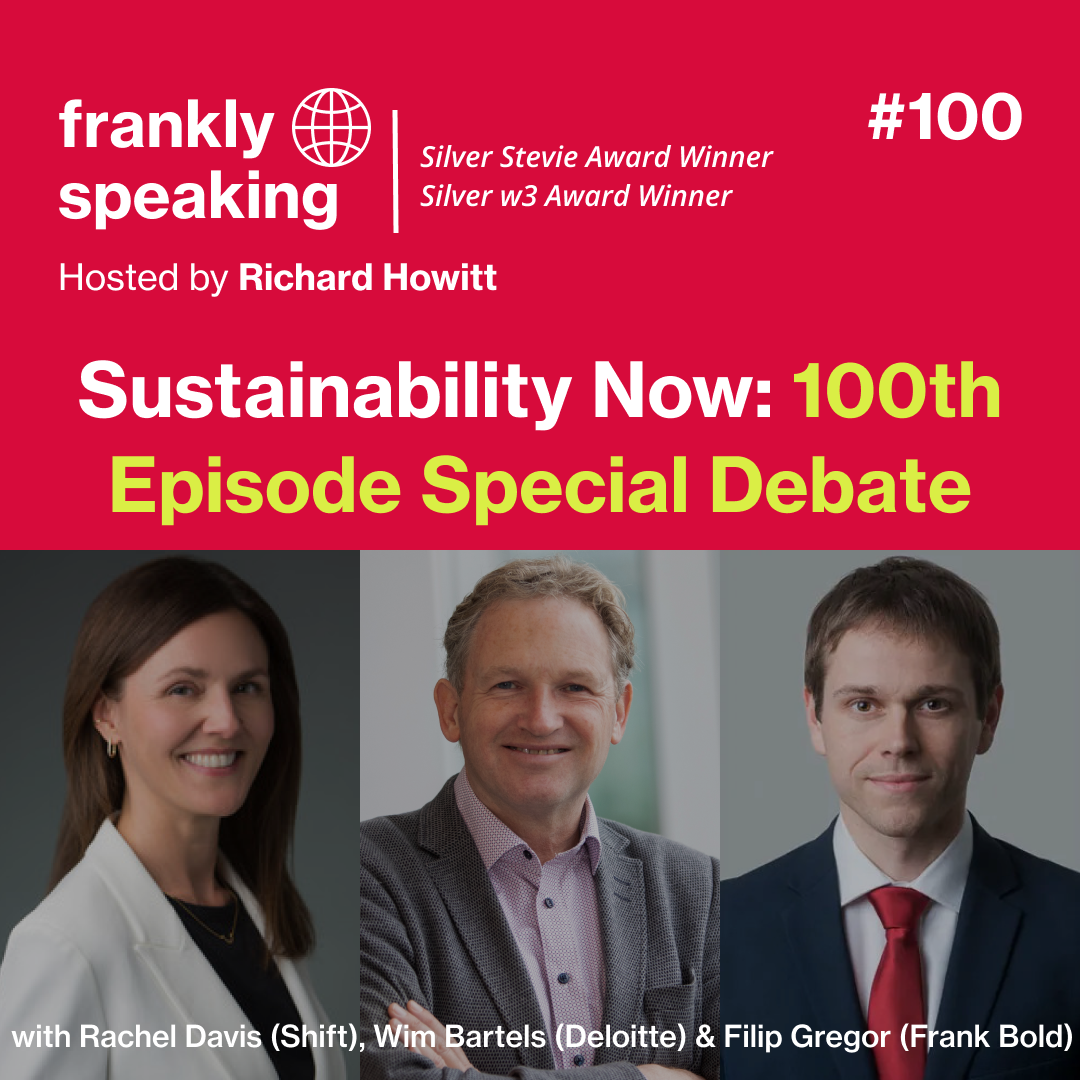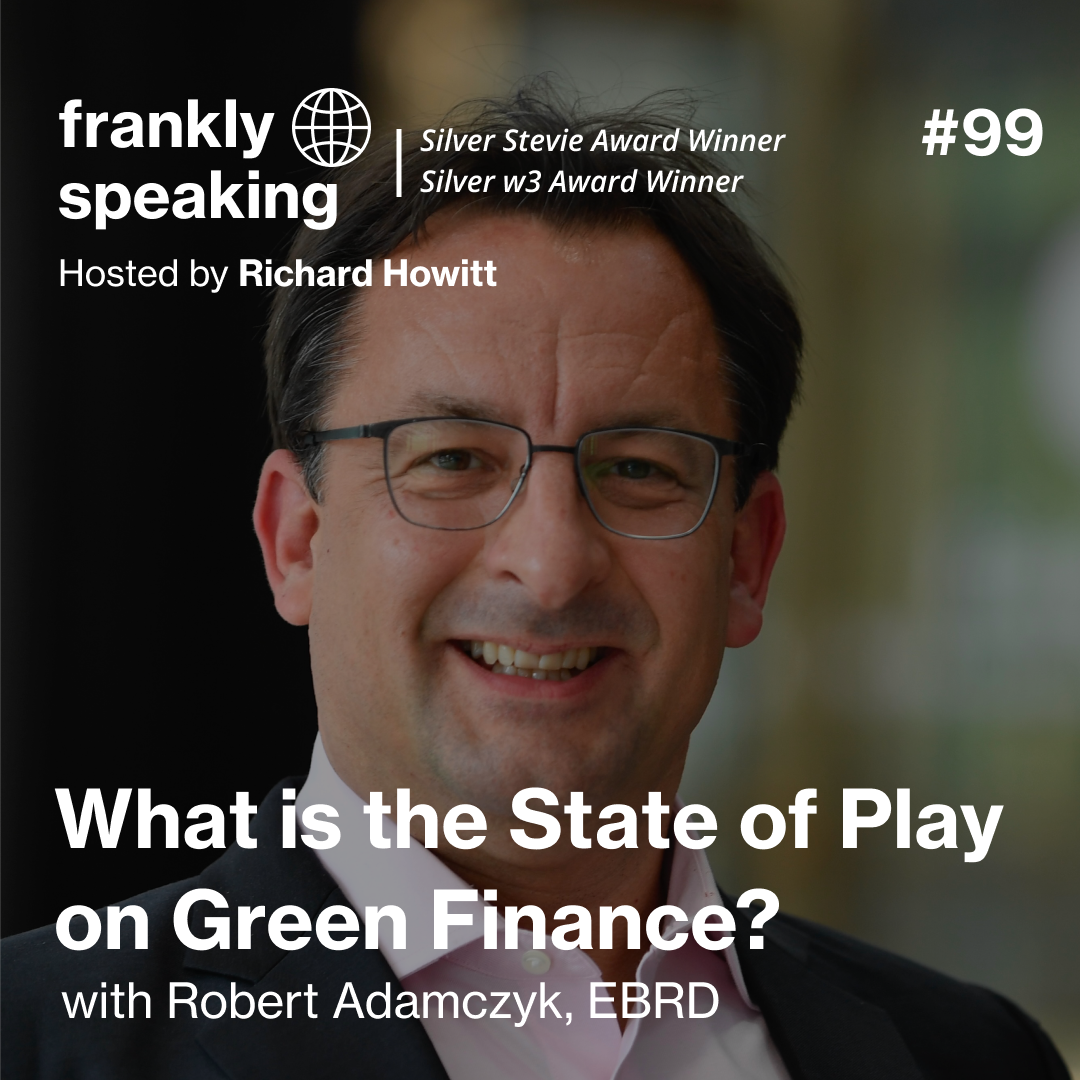Listen to Filip Gregor, Head of Frank Bold’s Responsible Companies section and member of EFRAG’s Sustainability Reporting Board

In this Frankly Speaking episode, we explore how companies should undertake a materiality assessment when they tackle their sustainability report. The concept of materiality is derived from financial accounting in business and human rights, and very simply asks the question: does this information matter?
To guide us, we welcome back Filip Gregor, head of Frank Bold’s Responsible Companies section and member of EFRAG’s Sustainability Reporting Board, which draws up and recommends the European Sustainability Reporting Standards (ESRS).
In this episode, you’ll hear more about:
“The most fundamental change is that the EU Sustainability Reporting Standards require companies to apply specific criteria for assessing impacts and specific criteria for assessing financial effects. Those criteria are not opinions of their stakeholders. So when it comes to the impact, those criteria are the same as the criteria for the salient human rights issues, being the severity and likelihood of actual, respectively, potential impacts for the financial relevance, sustainability related risks and opportunities. Those are the criteria of the magnitude of financial effects on the company and the likelihood. That’s the most important one there.“

.png)

How did the ESRS simplification process look like from the inside? Listen to Patrick de Cambourg, outgoing chair of EFRAG


Where are we now on sustainability? Listen to Rachel Davis, Vice President and Co-Founder of the Shift Project, Wim Bartels, Senior Sustainability Partner for Europe at Deloitte and Filip Gregor, Head of Responsible Companies Section at Frank Bold


How well is sustainable investment progressing in Europe? Listen to Robert Adamczyk, Senior Environmental Adviser at the European Bank for Reconstruction and Development